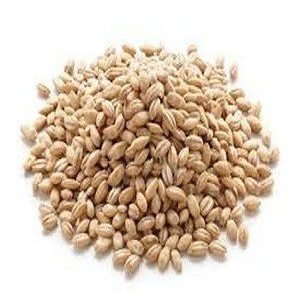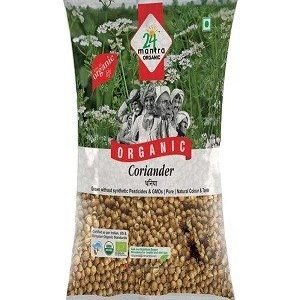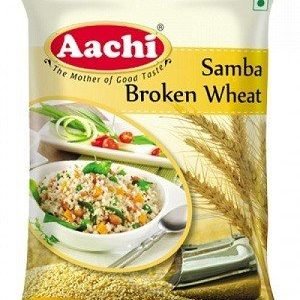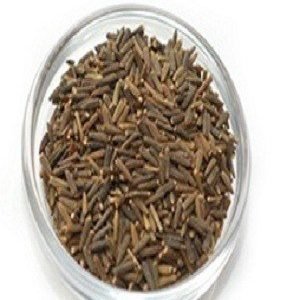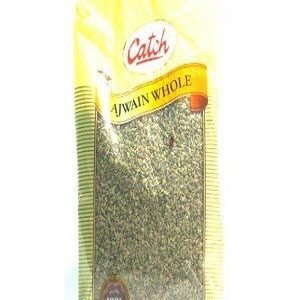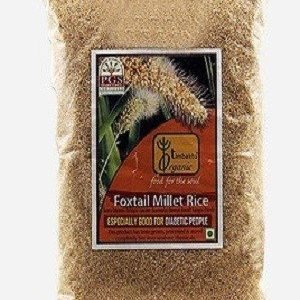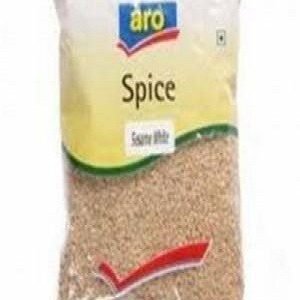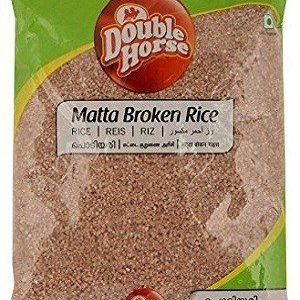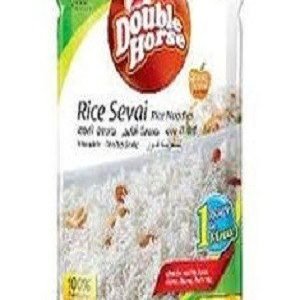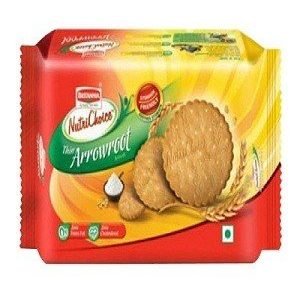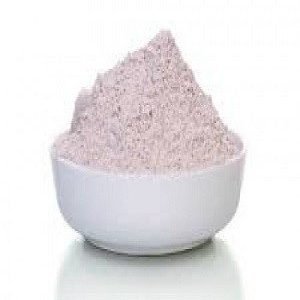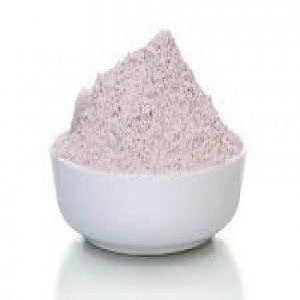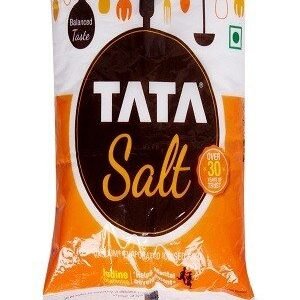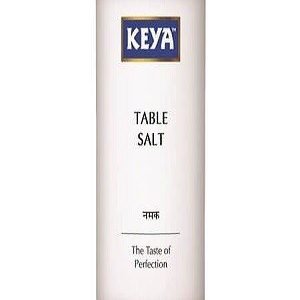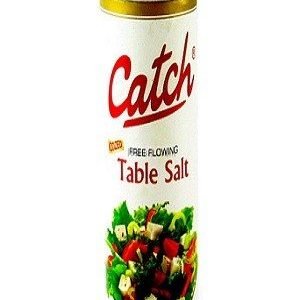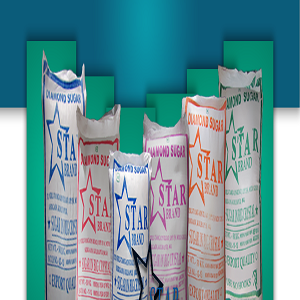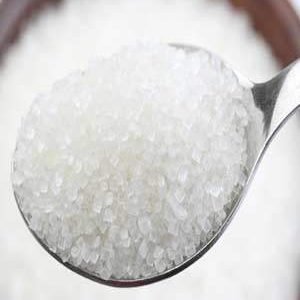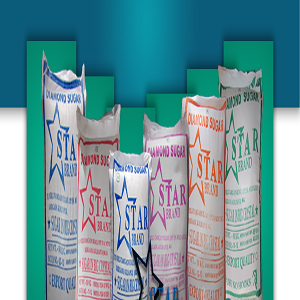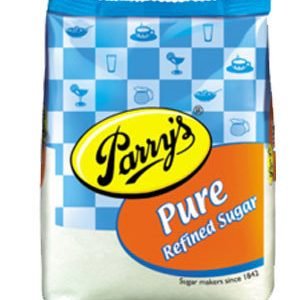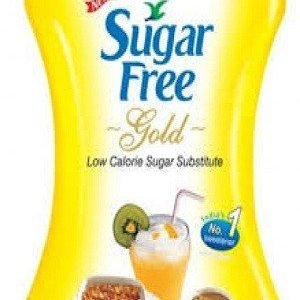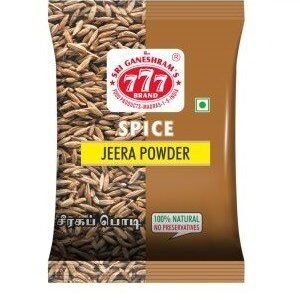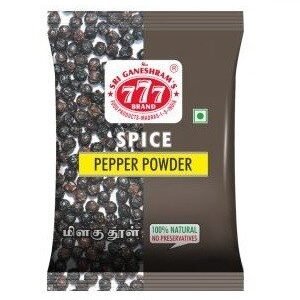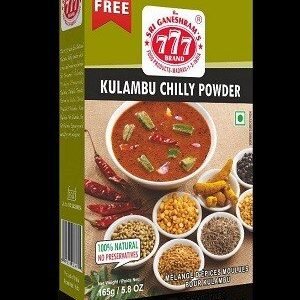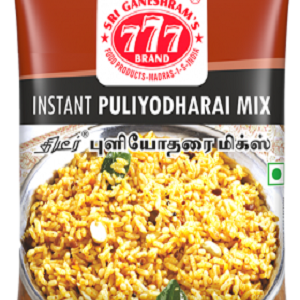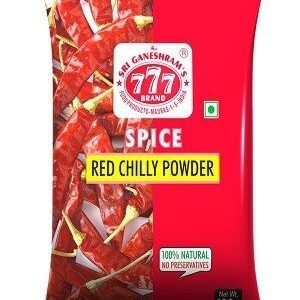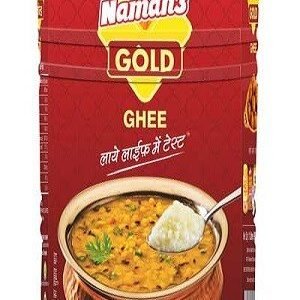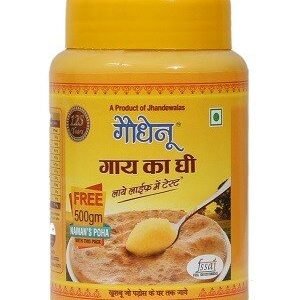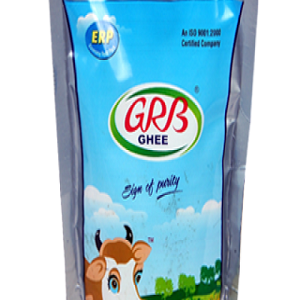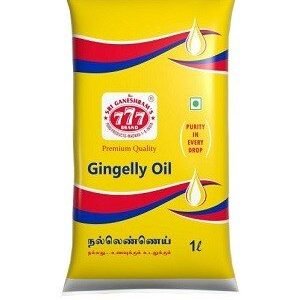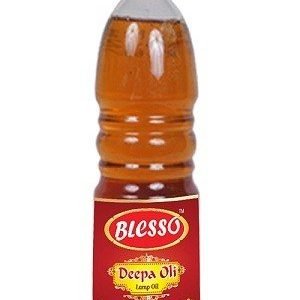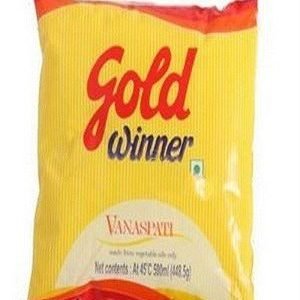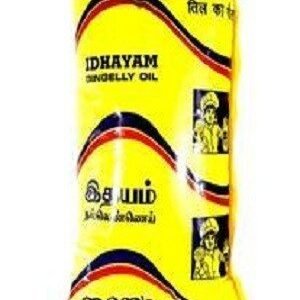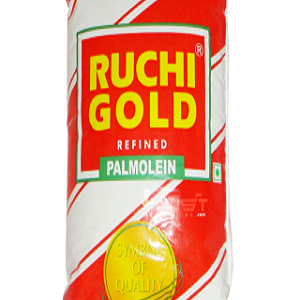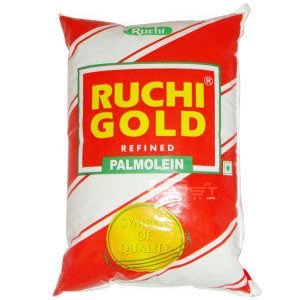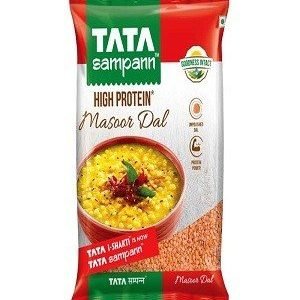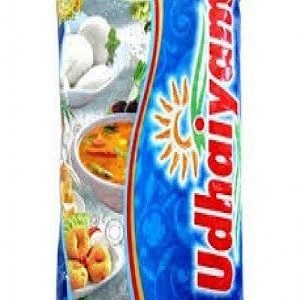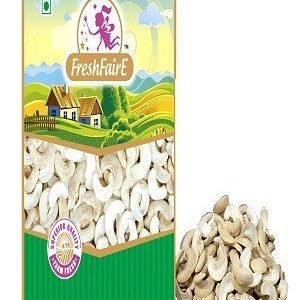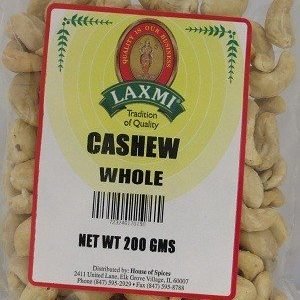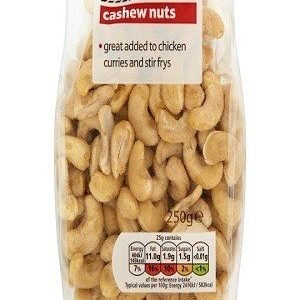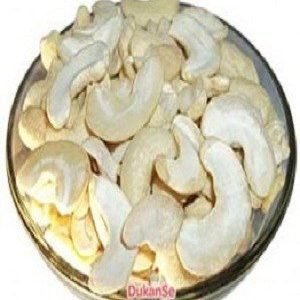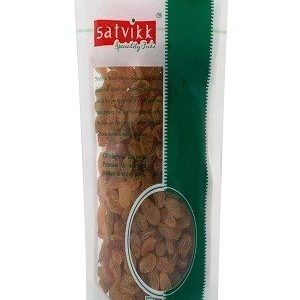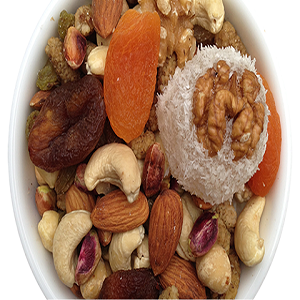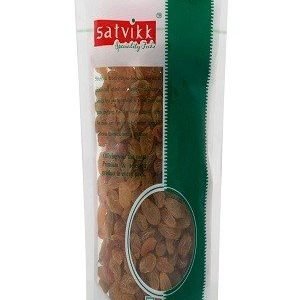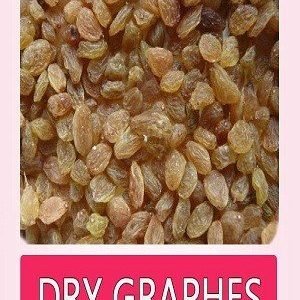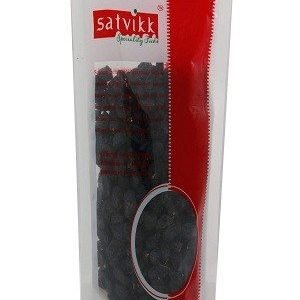
Cereals Products
Rice Products
-
-
-
-
-
-
-
-
-
-
-
-
-
-
-
Buy Rice Online Supermarket Shopping website
DN247 Pongal Pacharisi Arisi Rice 1 Kg
₹70 Add to cartRated 0 out of 5 -
-
-
-
-
Flour Products
-
-
-
-
-
Brand
Britannia Nutri Choice Cookies Thin Arrowroot Biscuits 150 Grams Pouch
₹25 Add to cartRated 5.00 out of 5 -
-
-
-
-
-
-
-
-
-
-
-
-
-
-
Salt Products
Sugar Products
Spices Products
Ghee Products
Oil Products
Dal Products
Cashnew Nut Products
Dry Fruits & Nuts Products
-
-
-
-
-
-
Brand
Fresho Signature Fruit & Nut Dry Fruit Dehydrated 150 Grams
₹189 Add to cartRated 0 out of 5 -
-
-
-
-
-
-
-
-
-
-
-
-
-
Buy Staples Online Supermarket
Shopping Website
What Is Staples ?
STOCK YOUR KITCHEN: PANTRY STAPLES
It’s been a busy week and I haven’t had time to cook (thank goodness for frozen portions of Chicken Noodle Soup and Moroccan Lentil and Vegetable Stew!), so I thought it was a good time to update the Budget Bytes list of Pantry Staples. I made a list five years ago when I first started the blog, but I’ve learned so much since then that the list is sorely in need of updating.
This list of pantry staples are the items that I like to keep on hand to help me whip up a meal with little to no planning. They’re basic ingredients that are used often in recipes and can be bought and stored for long periods. These items are usually fairly inexpensive, have a long shelf life, and can be used and combined with other ingredients in hundreds of ways. Your personal list will take shape as you begin to cook on a regular basis and will differ from mine based on your personal tastes.
Use this list to get a general idea of what items are good to keep on hand, but please don’t feel like you need to go out and purchase all of these items before you begin to cook for yourself. Buy one or two items per week until your kitchen is well stocked and always work within your means!
DRY GOODS
Dry goods are usually the least expensive and most versatile ingredients in your kitchen. It’s a good idea to check out the bulk food bins, as they’re often less expensive purchased in bulk than pre-packaged (you can buy as much or as little as you need). If you don’t have fancy containers to store your dry goods, don’t fret. A heavy duty zip top food storage bag will do the job.
Flour: all-purpose, whole wheat
Sugar: white, brown, confectioners (powdered)
Rolled Oats
Rice: long-grain white, brown, jasmine(I love jasmine rice so much that I use it almost exclusively now)
Cornmeal
Baking Powder
Baking Soda
Cornstarch
Dry Beans: black, white (cannellini, navy), kidney, garbanzo*
Lentil*
Pasta (long shapes, small shapes, couscous)*
*Since I’m cooking for one, I usually buy dry beans and pasta as needed. If you’re cooking for a larger crowd, it may be easier to keep these on hand.
OILS, VINEGARS, AND SAUCES
These items are essential to giving life to your food. They add flavor, zing, and can be used to make a million different dressings and sauces that will liven up even the most boring meals. Again, these items are pretty basic and inexpensive, and most don’t need to be refrigerated. Don’t worry yourself over buying top quality when you’re just starting out. Until you become more experienced in the kitchen and your taste develop, you may not be able to tell the difference anyway. Stick to what you can afford and I promise you’ll still be able to make good food!
Oils: vegetable or canola, extra virgin olive oil, toasted sesame oil, non-stick spray
Vinegar: apple cider, red wine, rice
Soy Sauce
Worcestershire Sauce
Sriracha
Honey
Mustard: yellow, Dijon*
Mayonnaise*
Hoisin Sauce*
*Refrigerate after opening
HERBS AND SPICES
It’s true, more expensive spices are often better quality than less expensive spices, but you can still make an amazing meal with basic grocery store spices. Buying spices in bulk is a great way to save and they’re often very fresh and high quality. Retailers like Whole Foods Market, health food stores, and some larger grocery chains offer bulk spices near their bulk dry goods. If you don’t have a small container to keep them in, save the old store brand container when you run out and then refill with spices purchased in bulk. Ethnic food markets are also a great place to score high quality prices for far less than regular grocery stores.
This list is highly personalized and will differ greatly depending on what kind of cuisine you like.
Sea Salt
Whole Peppercorns (with grinder – see photo above, far right)
Basil
Oregano
Thyme
Cumin
Crushed Red Pepper
Cayenne Pepper
Smoked Paprika
Cinnamon
Curry Powder
Chili Powder
Garlic Powder
Cocoa Powder
Vanilla Extract
Turmeric (because I make Yellow Jasmine Riceon the regular)
Soup Base (I used Better Than Bouillon, chicken, beef, and vegetable. Refrigerate after opening.)
REFRIGERATED ITEMS
Obviously these ingredients don’t have as long of a shelf life, but it’s good to keep them on hand.
Milk: dairy or non-dairy
Eggs (most recipes call for large)
Butter
Plain Yogurt
Grated Parmesan
Mayonnaise, Mustard (also listed under sauces)
Shredded Cheese (can be kept in the freezer for long term storage)
Frozen Goods (great for easily adding nutrition and flavor to soups, pastas, salads, casseroles, etc.):
Spinach
Broccoli Florets
Fruit: blueberries, strawberries, peaches
Shelled Edamame
CANNED GOODS
This is a category that I tend to purchase as needed because I’m only cooking for myself and I don’t have much room for food storage (I didn’t even have enough on hand to take a photo!). If you’re cooking for a family, it may be helpful to keep these items around:
Tomatoes (paste, diced, sauce/puréed)
Beans (black, kidney, white, garbanzo)
Pumpkin Purée
Pasta Sauce (for when there’s no time to make your own)
Coconut Milk


